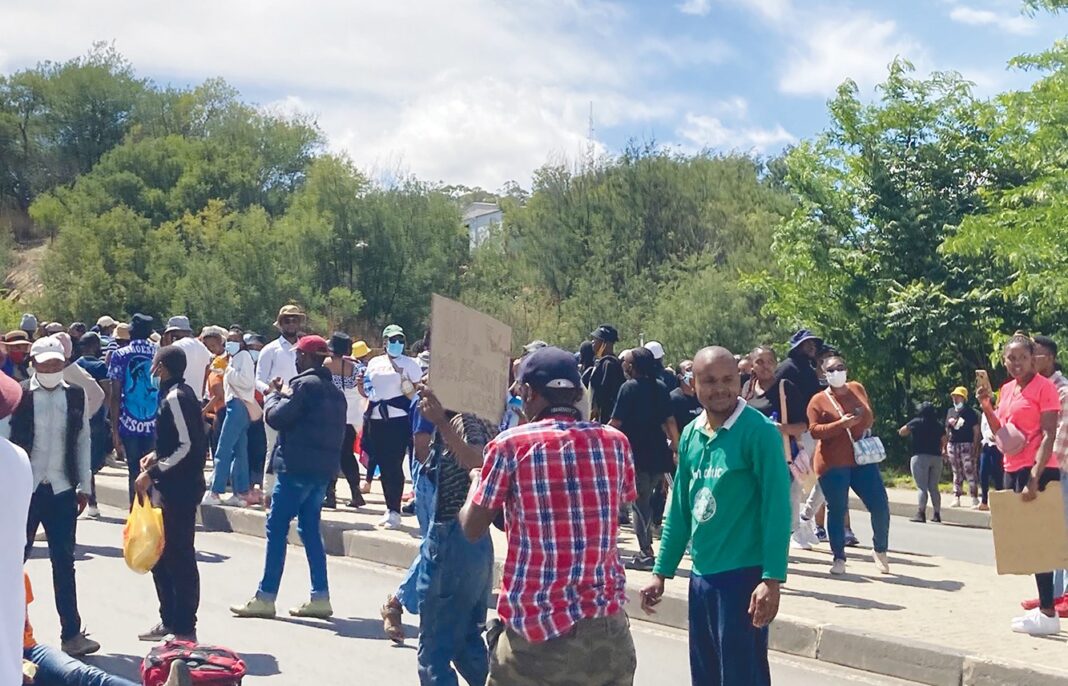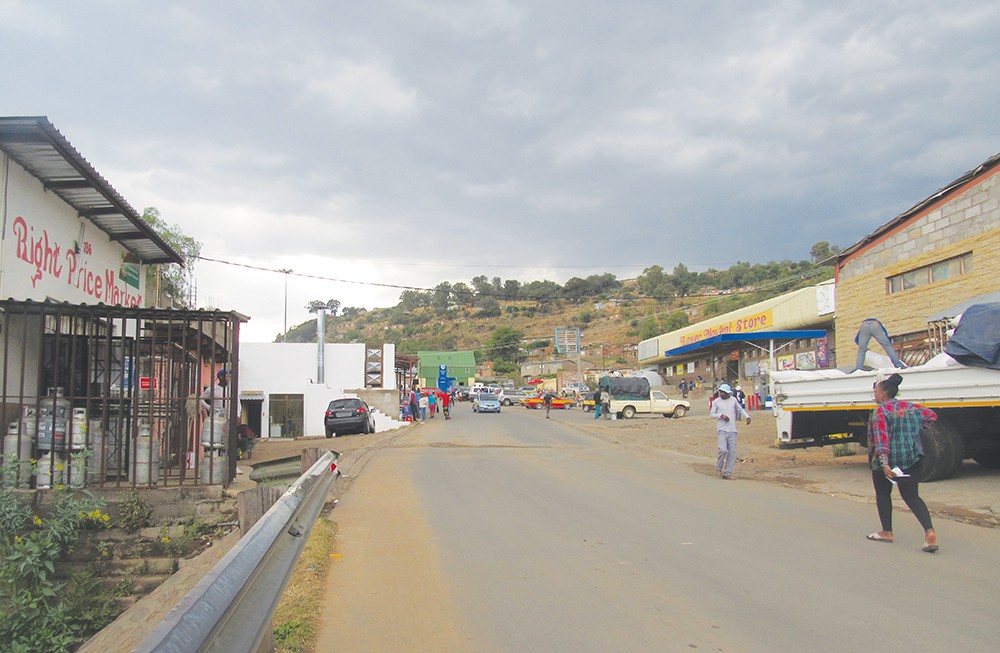By Staff Reporter
Seven in 10 Basotho say the government is doing a poor job of resolving the current teachers’ industrial action, including 60 percent who describe its performance as ‘very bad’, an Afrobarometer survey claims.
Afrobarometer is a Pan-African, nonpartisan research network that provides reliable data on African experiences and evaluations of democracy, governance, and quality of life. It conducts face-to-face interviews in the language of the respondent’s choice with nationally representative samples.
Lesotho’s public school teachers were on intermittent strike for most of the 2019 academic year, working just one week per month. With the economy in the doldrums, teachers pursued their protest action against the government, pressing for better salaries and working conditions, payment of salary arrears, and a restructuring of the teaching service.
According to the findings of the survey conducted this year, 81 percent of Basotho also disapprove of the government performance on addressing the needs of the youth and on addressing the country’s educational needs.
“Charges of government mismanagement added fuel to the fire, as critics said funds that could have been used to address teachers’ demands were misused to service loans to members of Parliament at taxpayers’ expense and to support grossly wasteful government expenditures. Meanwhile, the proportion of students who passed the junior secondary certificate examinations dropped from 65.5 percent in 2018 to 62.4 percent in 2019, according to the Examinations Council of Lesotho.
“After further losses in learning time because of the COVID-19 pandemic, teachers have returned to the classroom since the lockdown was lifted in May 2020. But the dispute, which predates the current coalition government (in power since 2017), continues to simmer even as final examinations are underway, and the possibility of further strike action remains.
“The most recent Afrobarometer survey shows that Basotho are solidly behind the teachers’ demands and believe that the government has mishandled the affair. Most also say the government is doing a poor job of addressing educational needs as well as the needs of the nation’s youth in general. If the government could spend more money, Basotho would prioritize job creation for young people. In fact, a majority would willingly pay more taxes if that would mean funding for initiatives to help young people.”
According to the organisation, these findings suggest that Basotho want a less intransigent government response that will end the protracted dispute with teachers and address critical education and youth development needs of the population.
“More than eight in 10 Basotho say they ‘somewhat support’ or ‘strongly support’ the teachers’ industrial action, while fewer than two in 10 oppose it. While support for the teachers is strong across key socio-demographic groups, it is strongest among urban residents (86 percent), citizens with post-secondary education (88 percent), and supporters of opposition political parties (85 percent). Nearly three-quarters of Basotho say that parents should be involved in resolving the teachers’ strike, including a clear majority (57%) who say parents should be ‘very involved’.”
Afrobarometer goes on to state that, given Lesotho’s median age of 24 years, policies that further the development of young people would be expected to be a priority. Citizens’ overwhelming dissatisfaction with the government’s efforts to address youth needs is reinforced by their willingness to pay for better programs. Six in 10 Basotho say they would be ‘somewhat’ or ‘strongly’ supportive if the government decided to make people pay more taxes in order to fund programs to help young people.
“Sixty-two percent of women and 65 percent of young people aged 18-25 express above-average levels of support for youth programs funded through higher taxes, but majority support for the idea is consistent across key socio-demographic groups. If the government could indeed increase its spending on programs to help young people, initiatives to create jobs would be citizens’ highest priority.”









